Raw juicing for your liver
By Nutrition Consultant Jessah Robinson
While raw juicing has many health benefits for our liver, it can be beneficial for a number of ailments such as acne, candida, depression, diabetes, digestive problems, hormonal imbalances, gallstones and headaches. The liver is the primary fat burning organ in our body, it also acts as the filter and cleanser of our bloodstream and regulates the metabolism of fats and carbohydrates. If your liver is functioning optimally, toxins, precancerous cells and debris will be removed from the bloodstream, and you will have a stronger immune system and healthy metabolism.
Juices are loaded with living enzymes to aid the digestive process, and are the perfect agent in which to mix and dissolve nutritional powders and enhance their solubility, digestion and absorption. Juices are unique in that you can receive a highly concentrated dose of phytonutrients that you could not get from eating a standard serving of raw vegetables and fruits. Raw juices have the ability to stimulate the function of the bowels, liver and kidneys, which steps up the breakdown and removal of toxic chemicals and waste products from the body. Raw juices are capable of repairing the liver, stimulating the detoxification pathways and improving the fat burning ability of the liver.
The best juices for the liver are made from:
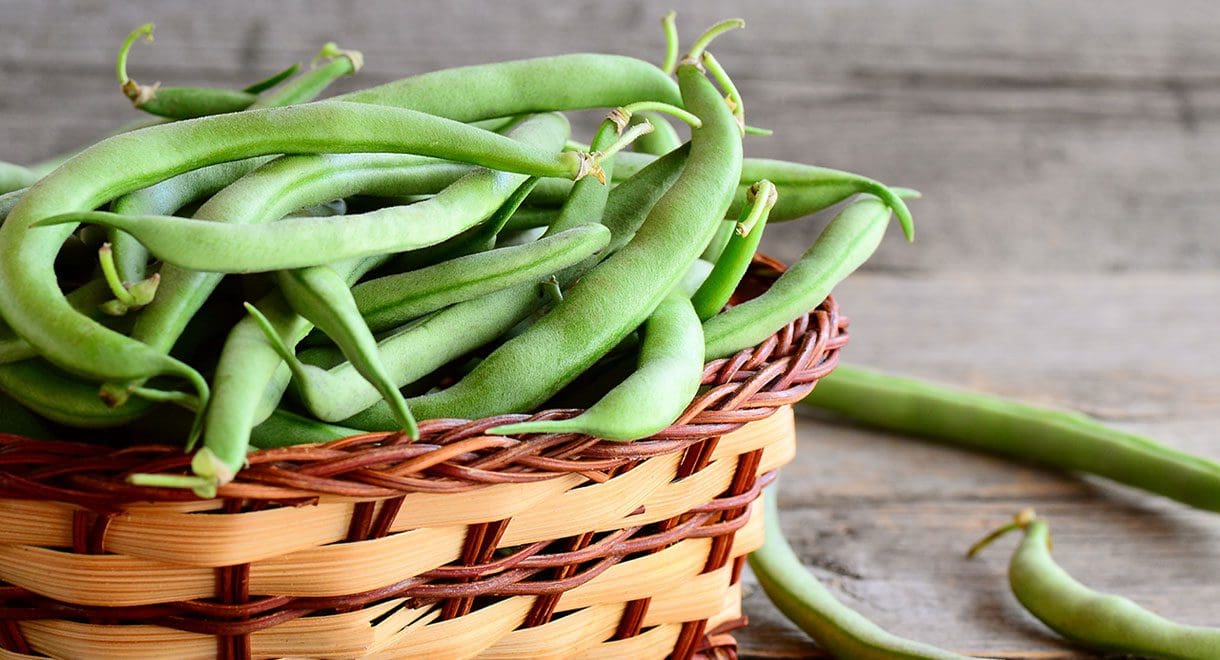

Green beans
Are thought to strengthen the liver and kidneys and are an excellent protein source.
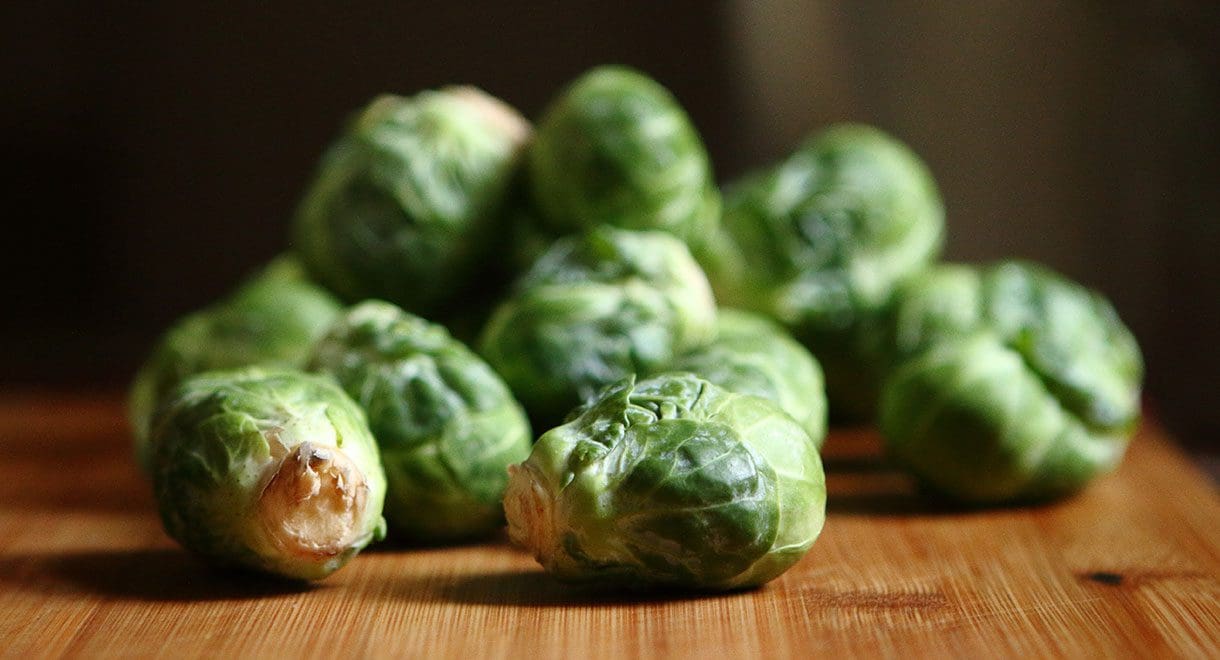

Brussels sprouts
Improves insulin sensitivity and is helpful for constipation, liver problems and obesity.
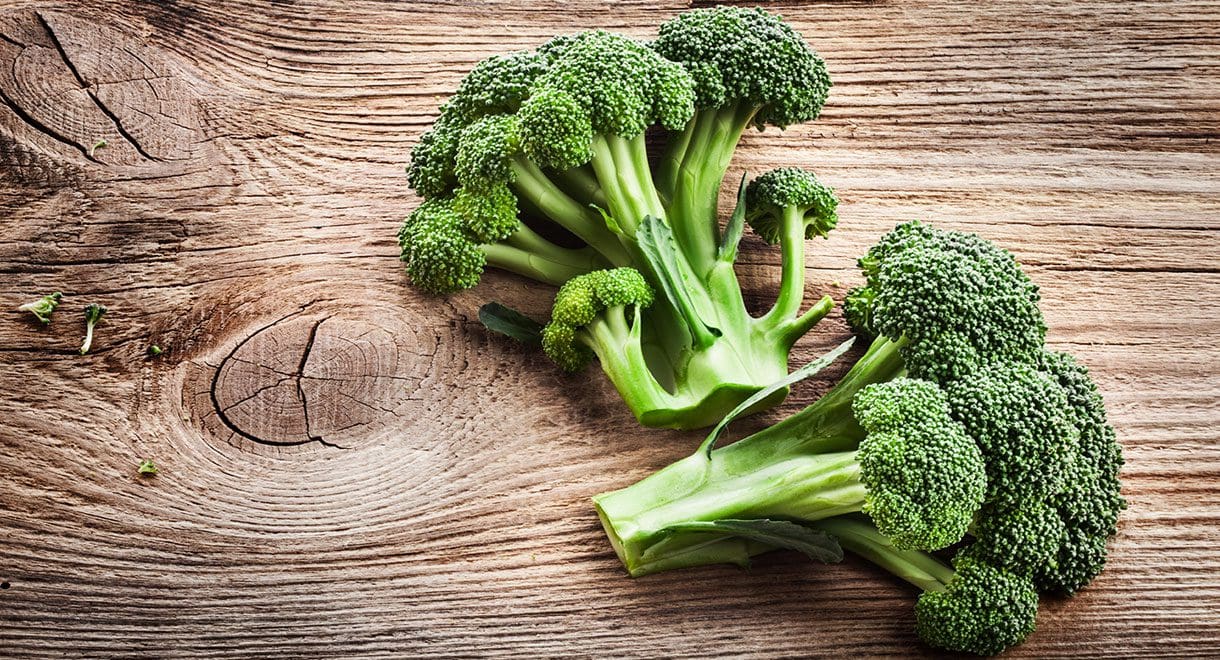

Broccoli
Excellent for weight loss, liver problems and obesity.
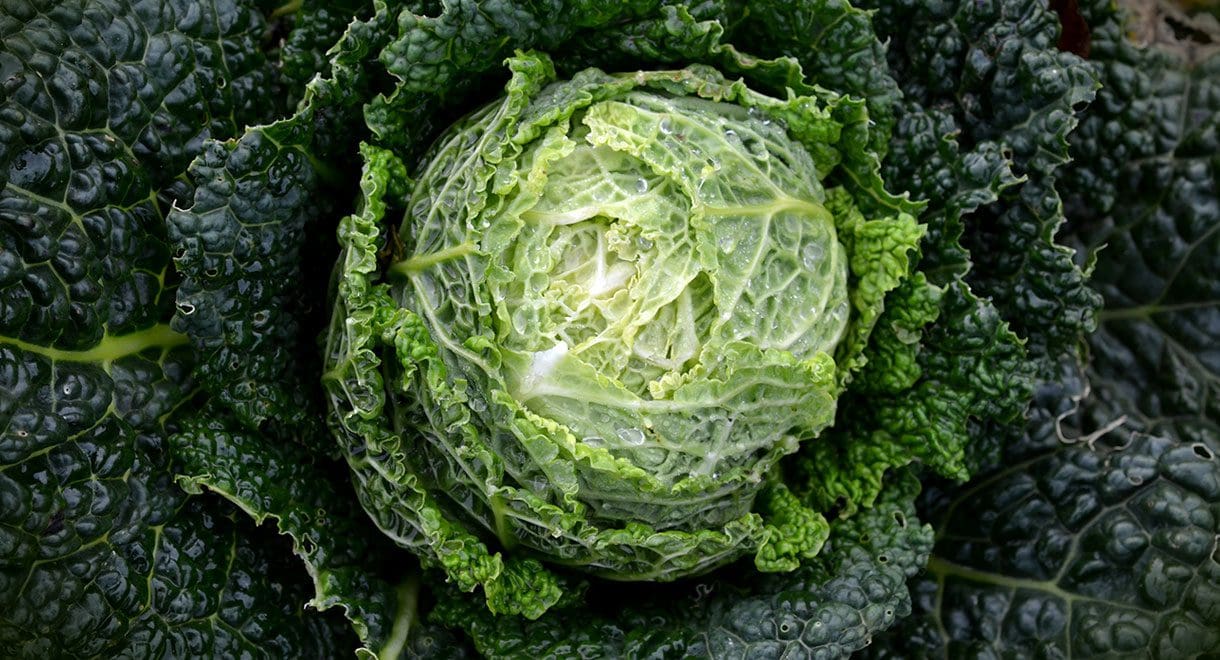

Purple and green cabbage
Excellent liver tonic and for reducing digestive and intestinal problems.
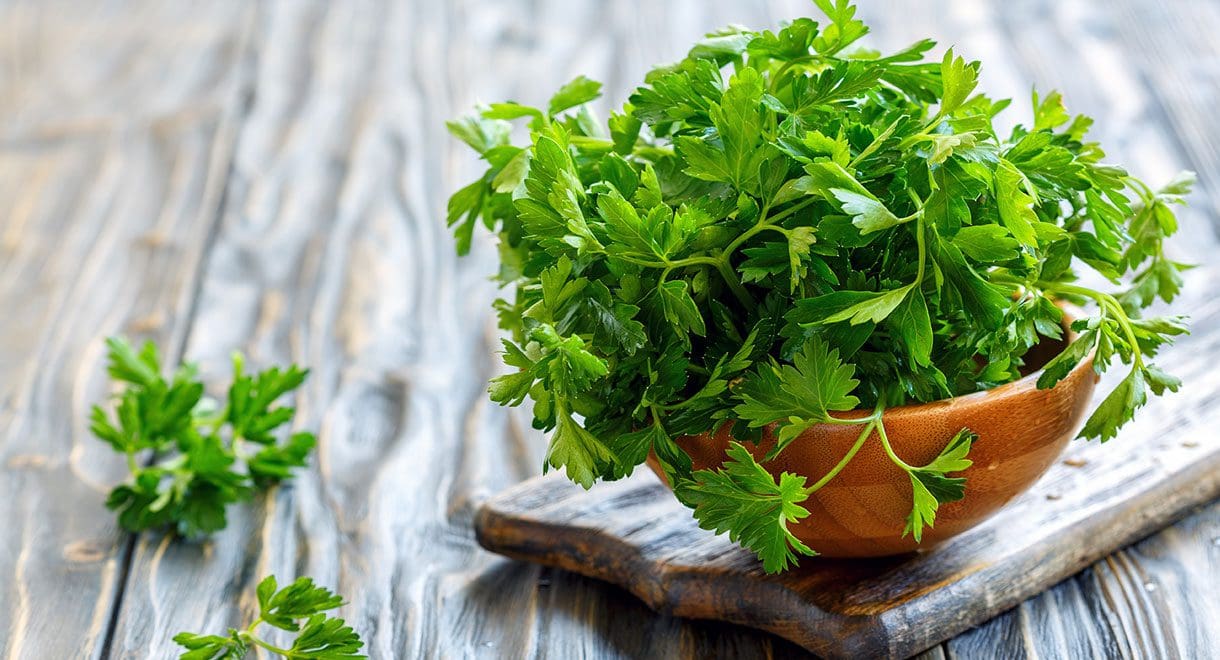

Parsley
Excellent for cleansing the liver, kidneys and bloodstream. Can reduce gallstones and kidney stones.
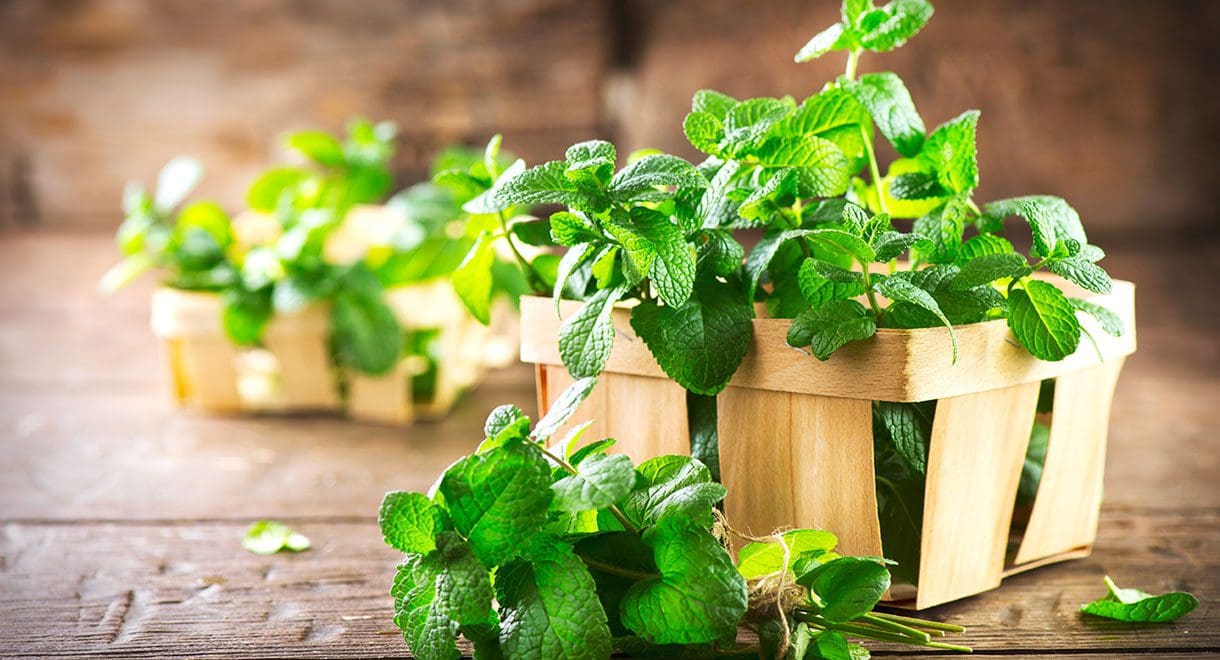

Mint
Strengthens your liver and aids digestion.
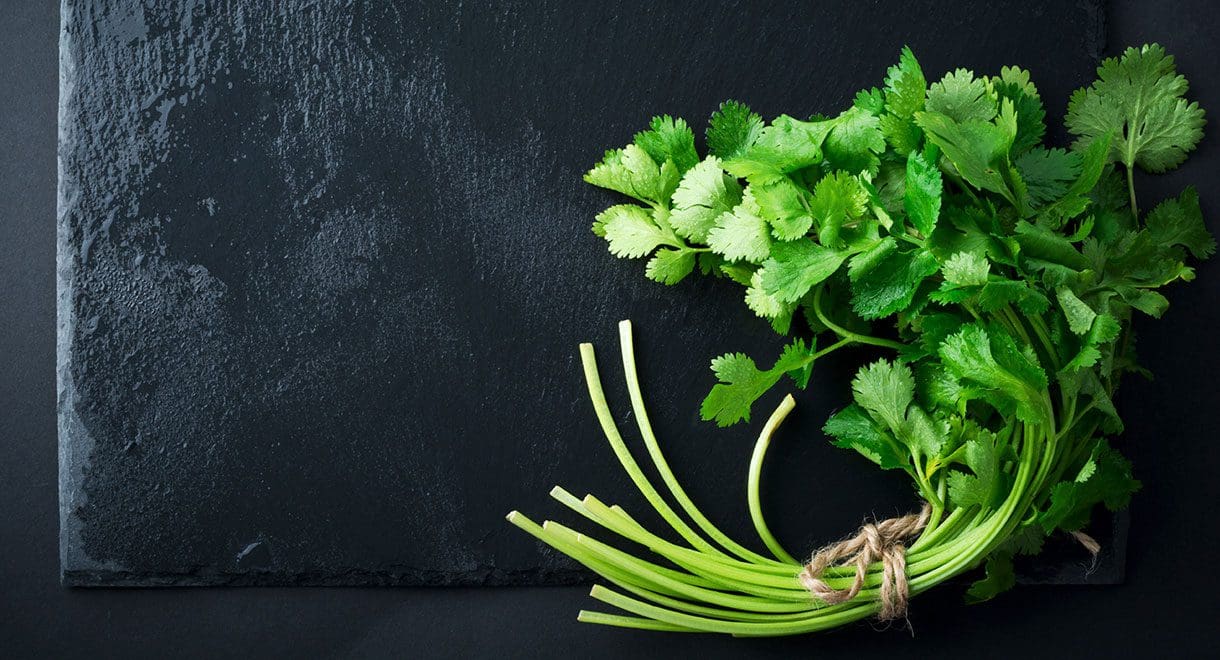

Coriander
The essential oil present in coriander stimulates bile flow and promotes detoxification of the liver. It can also relieve intestinal cramps, flatulence and indigestion.
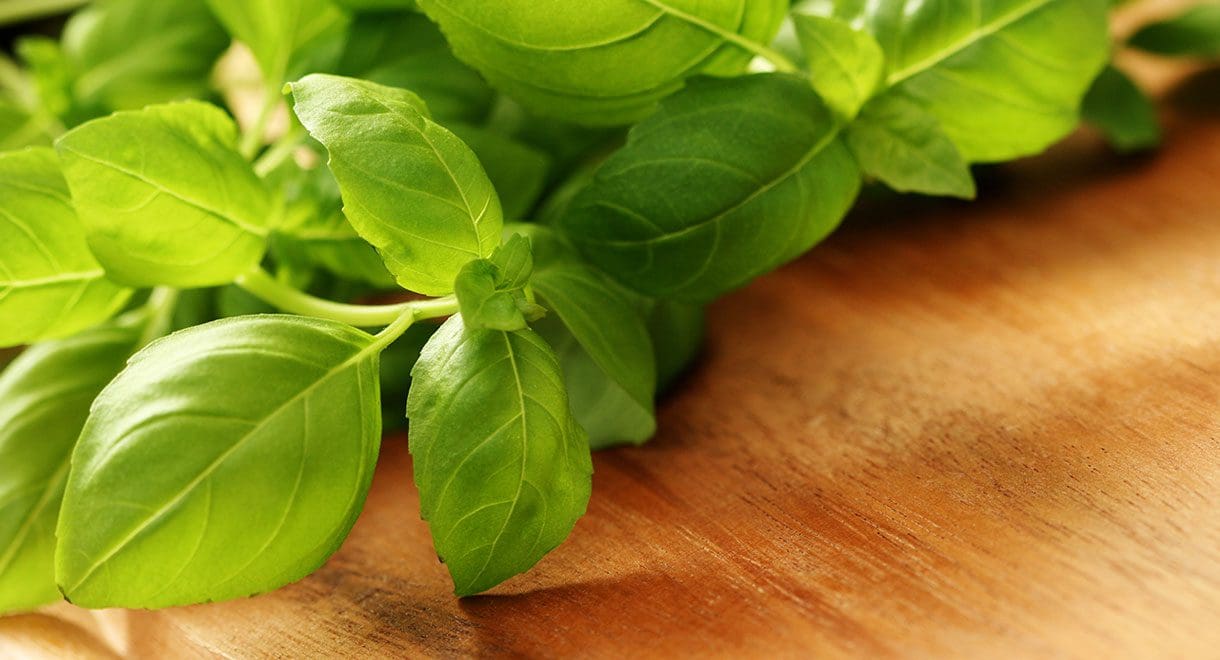

Basil
Can improve liver function by eliminating toxins in the blood, improving metabolic breakdown and protecting against several types of liver problems.
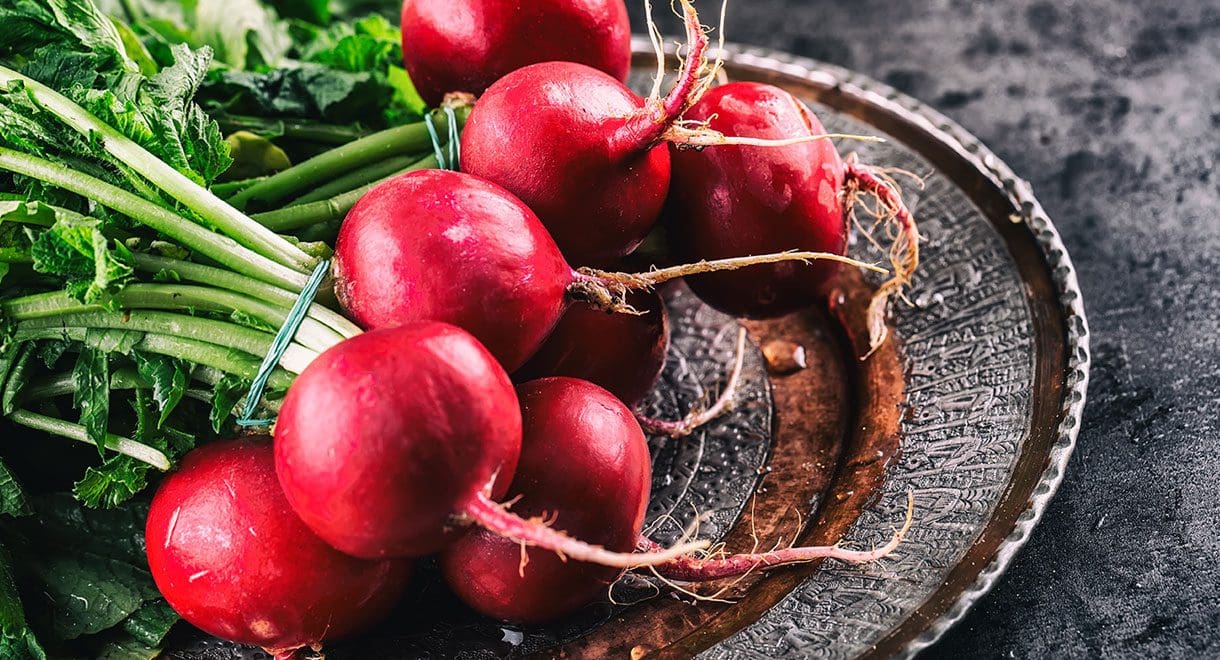

Radish
Excellent for cleansing the liver and bile, and is also an excellent diuretic and natural antibiotic.
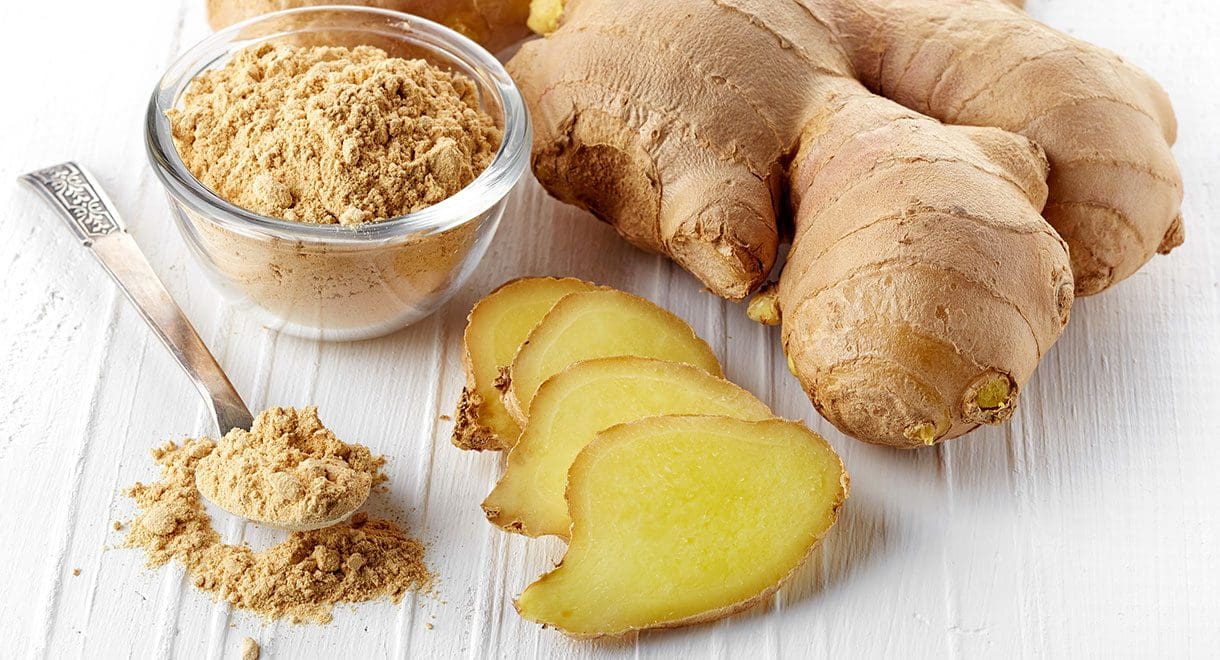

Ginger
Natural antibiotic against symptoms of the common cold and flu. Also prevents blood clots and lowers LDL “bad” cholesterol.
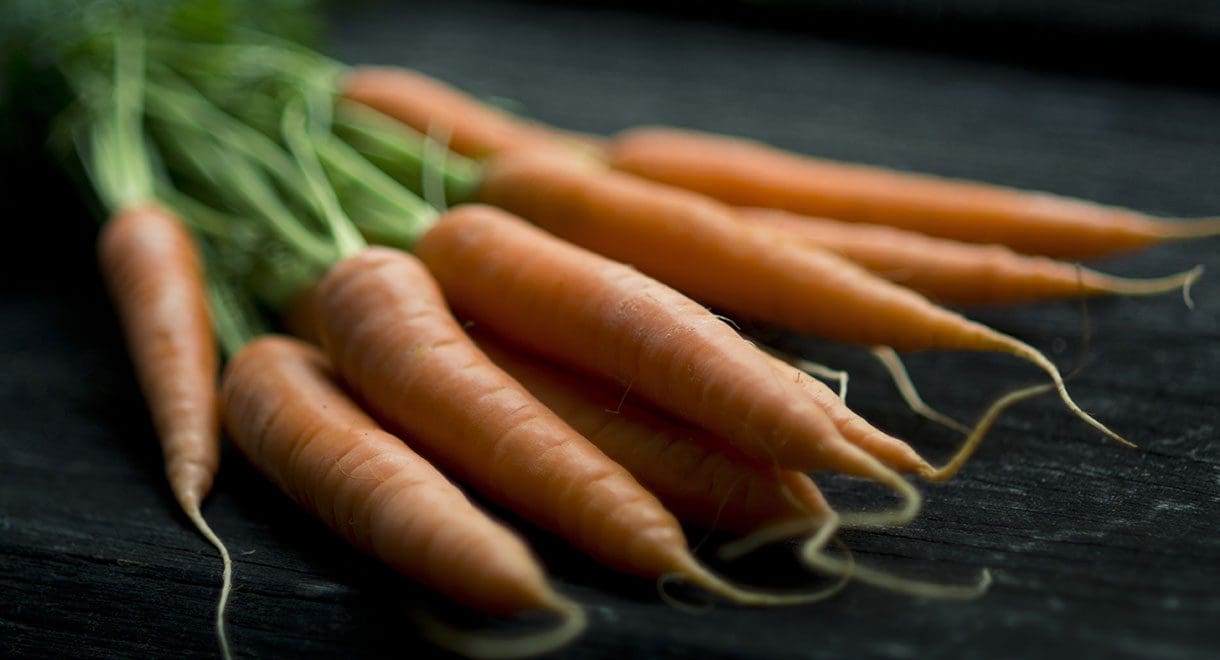

Carrot
Not only is carrot good for promoting healthy eyes, but carrots are also an excellent liver cleanser and great for increasing vitality.
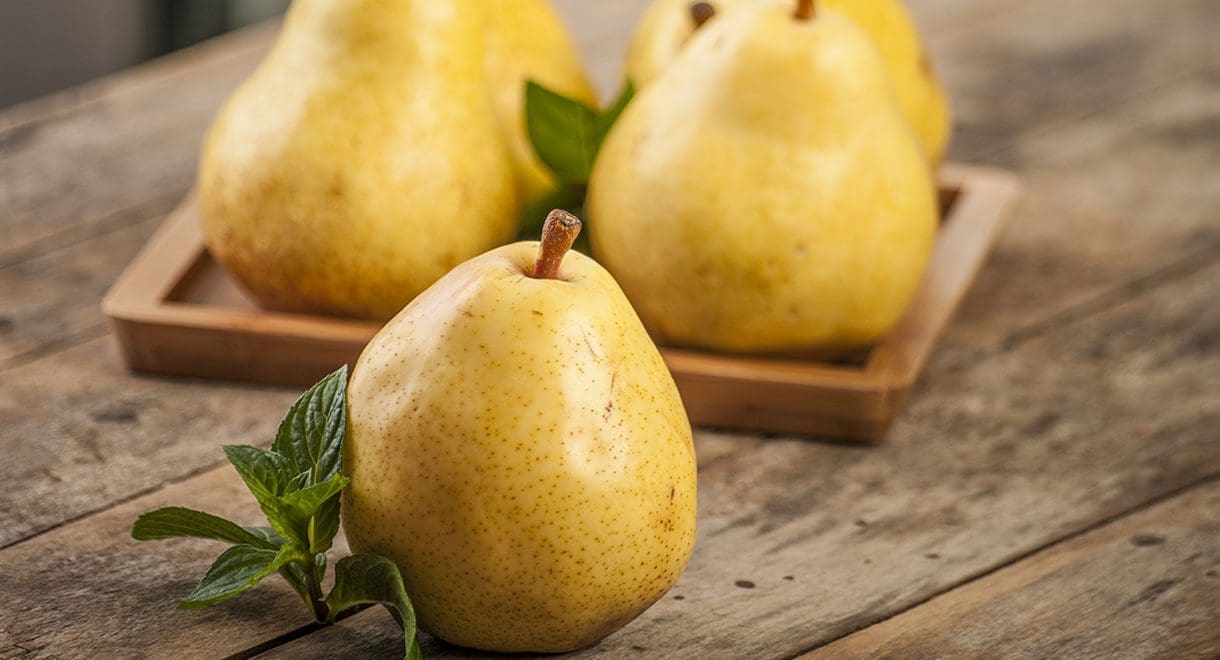

Pears
Reduces acidity and is excellent for those with digestive problems, constipation and irritable bowel syndrome.
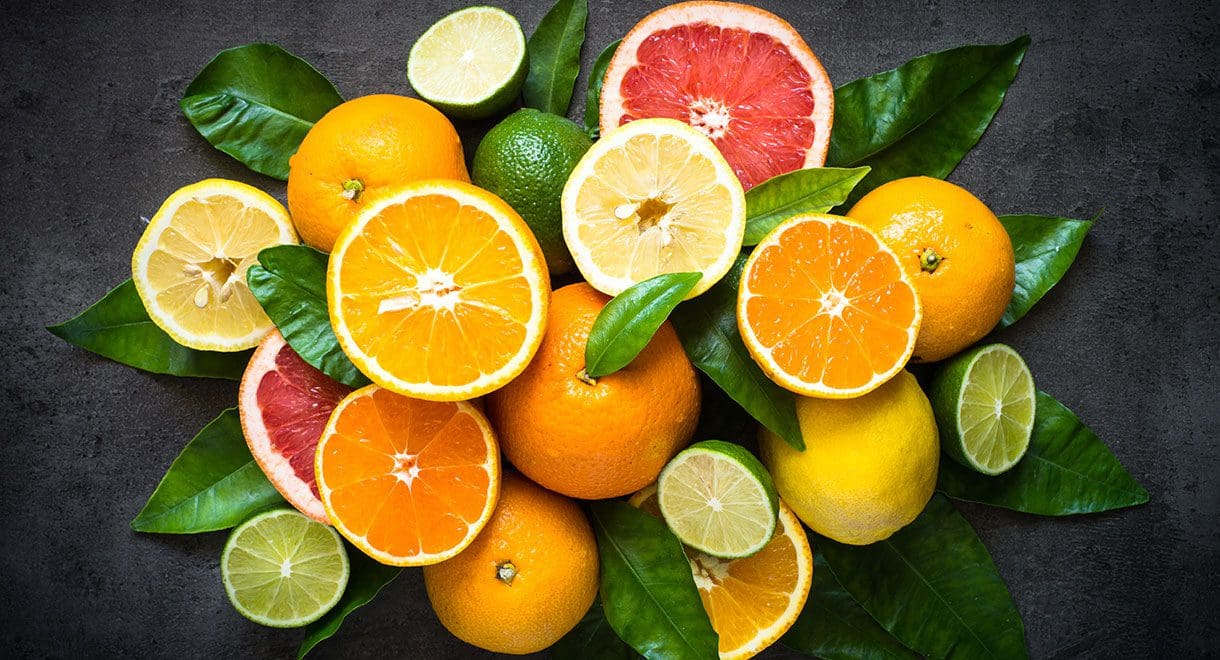

Citrus
Includes fruits such as lemon, lime, orange, grapefruit and mandarin which are extremely high in vitamin C. Vitamin C has to be the most beneficial vitamin for the liver as it is a powerful protective and healing antioxidant. Vitamin C is capable of counteracting the dangerous free radicals that are produced in our liver from inflammatory foods, certain drugs and during liver detoxification.
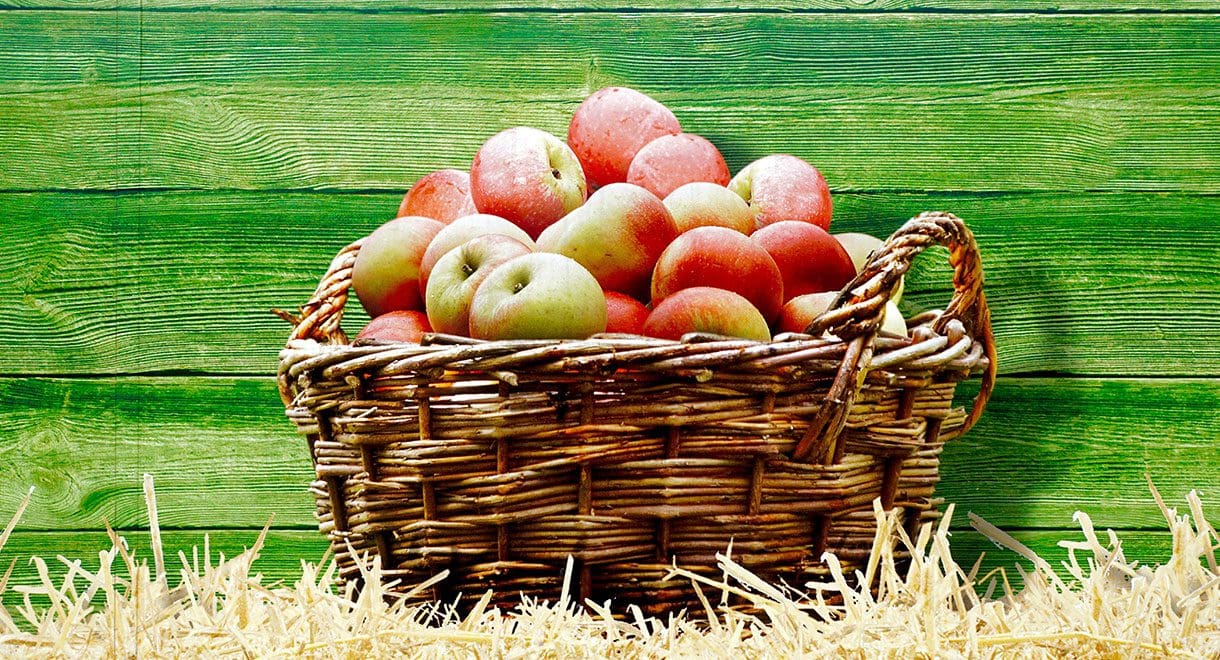

Apple
High in pectin which soothes the intestines and reduces constipation. Apple also improves our gut microbiome to reduce unfriendly gut bacteria and parasites in our gut.
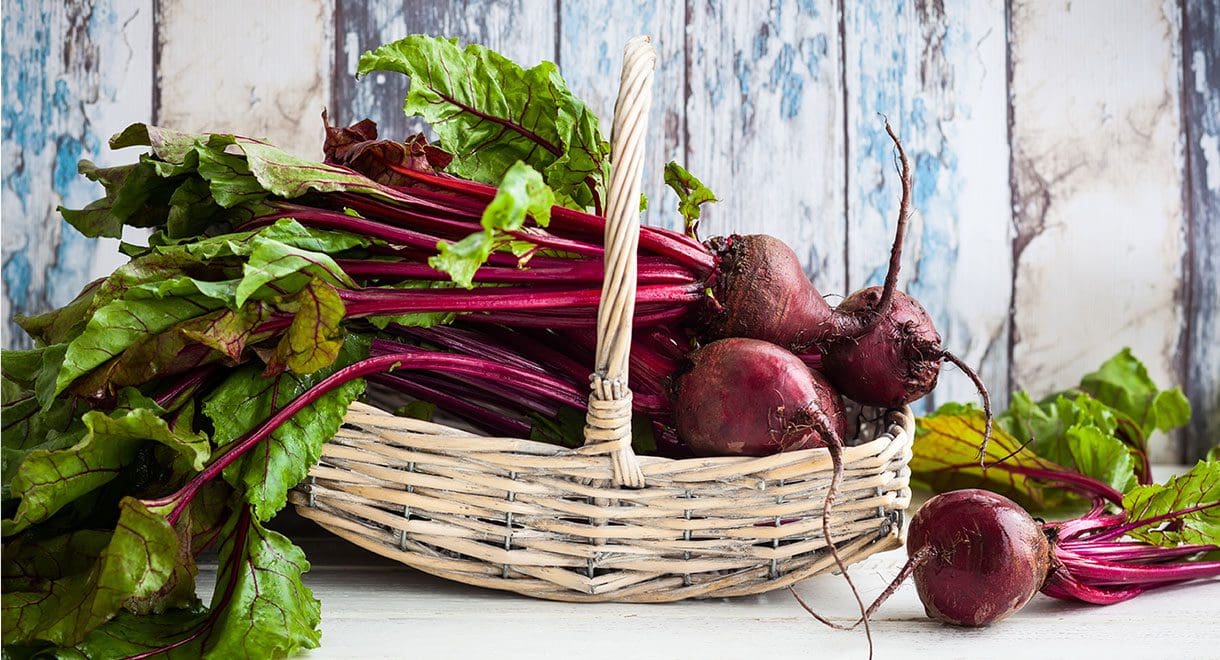

Beets
Good cleanser for the liver, biliary system and gallbladder. Also improves energy and vitality.
Tips for successful juicing
- Juice at a time that is convenient for you
While it’s great to have a fresh juice in the morning, many people are busiest in the mornings, so you may prefer to juice in the afternoon or after work. Alternatively, you may prefer to do a bunch of juicing over the weekend and freeze them in glass jars to take out at your convenience for the week ahead. Freezing needs to be done immediately after you have juiced to preserve and retain all vitamins and enzymes. - Buy a juicer that doesn’t take too long to clean
The biggest reason people don’t stick with juicing is because they tire of the cleaning process afterwards. A good juicer should only take 3-4 minutes to clean. Perhaps you’d rather clean the juicer immediately after juicing and then sitting down to enjoy your juice. When you look at the nutritional benefit of juicing to the 3-4 minutes it takes to clean your juicer, it really is worth it. - Make sure your juicer has a large feed chute
This means less chopping, and for many fruits and vegetables they simply require a quick wash and they’re good to go. - Leave your juicer in plain sight
Like the saying ‘Out of sight, out of mind’ if you have your juicer put away it’s easier to forget about it and not use it. But by putting the juicer in a place that you will see it every day, you are more likely to use it.
Make sure to juice in a ratio of 80% vegetables to 20% fruits. There are several excellent juice recipes for liver problems and other ailments in Dr Cabot’s book ‘Raw Juices Can Save Your Life’.


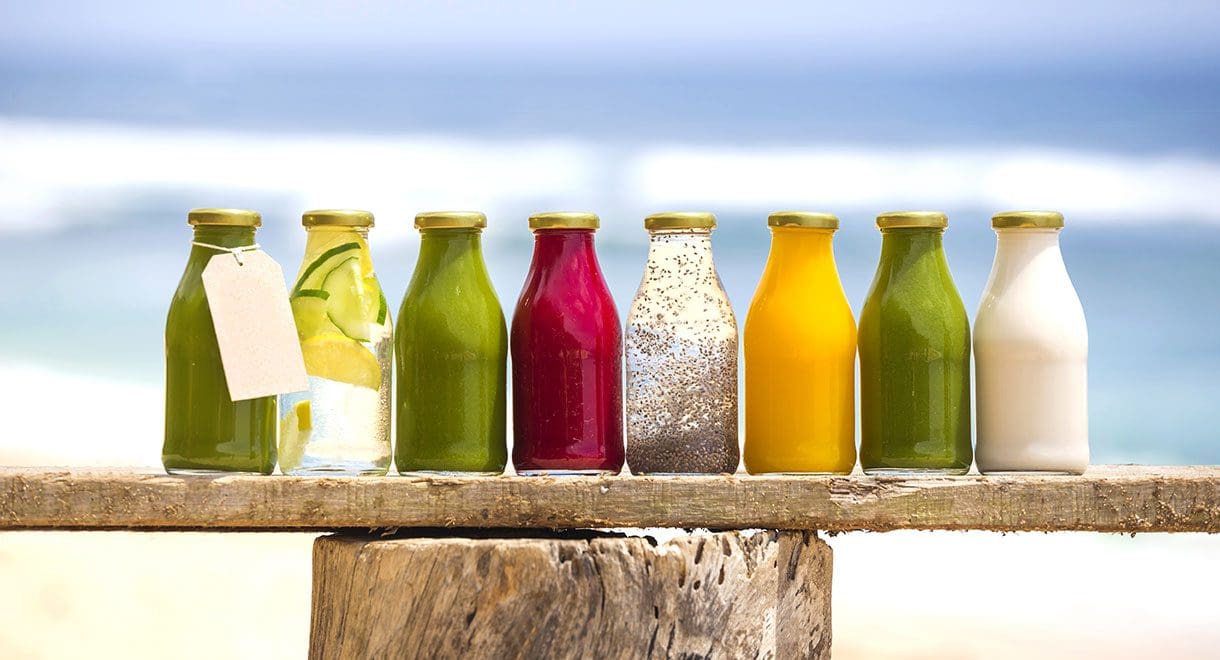


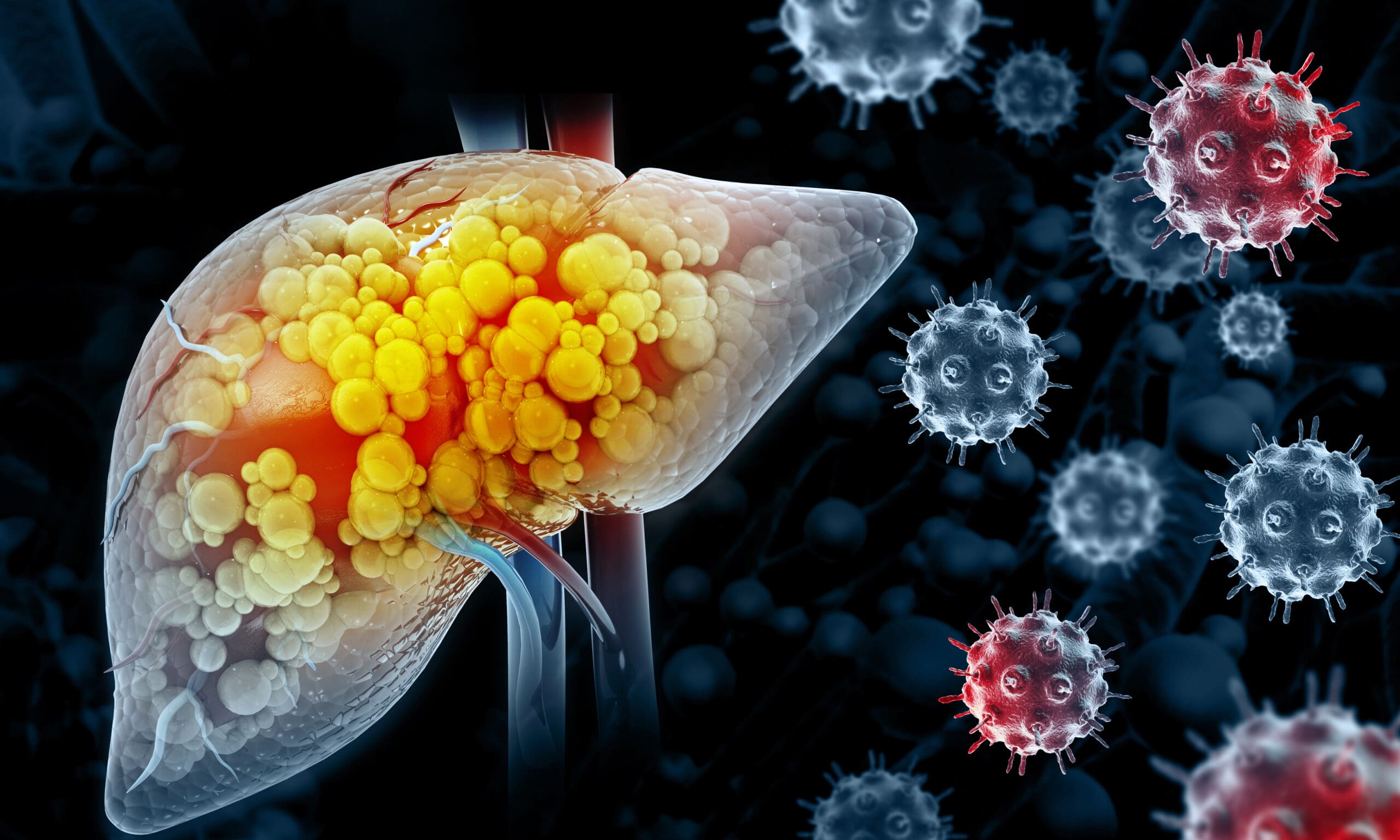
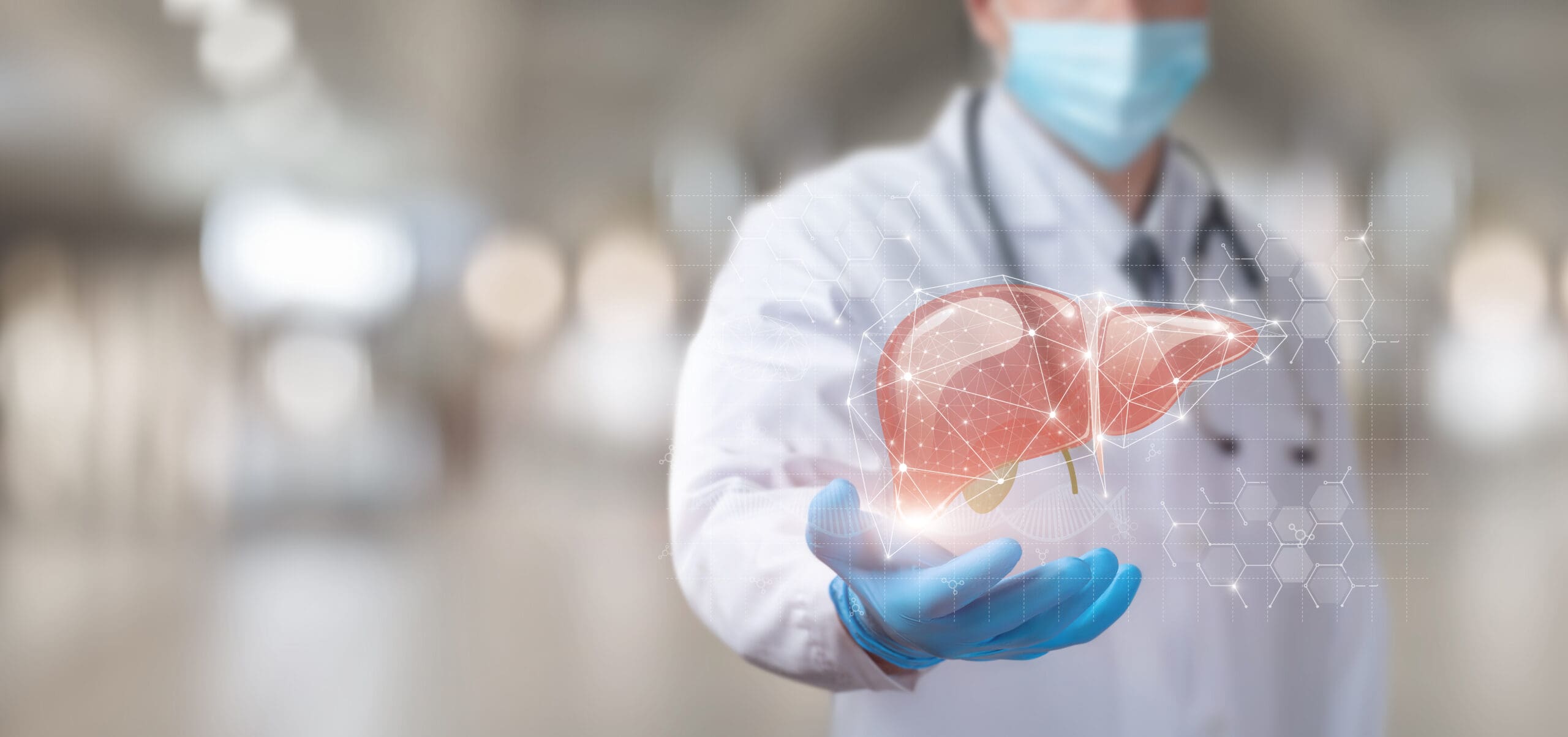
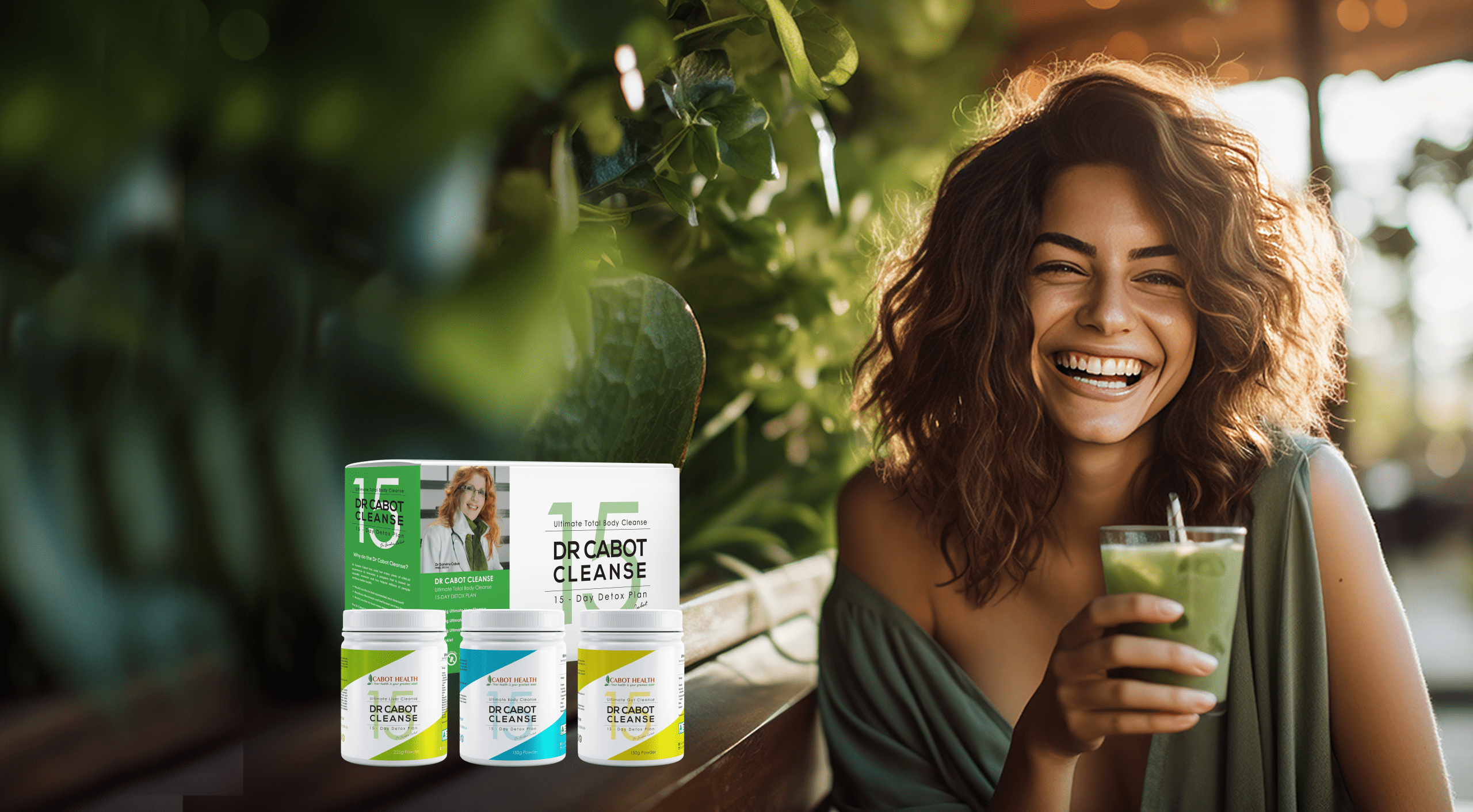
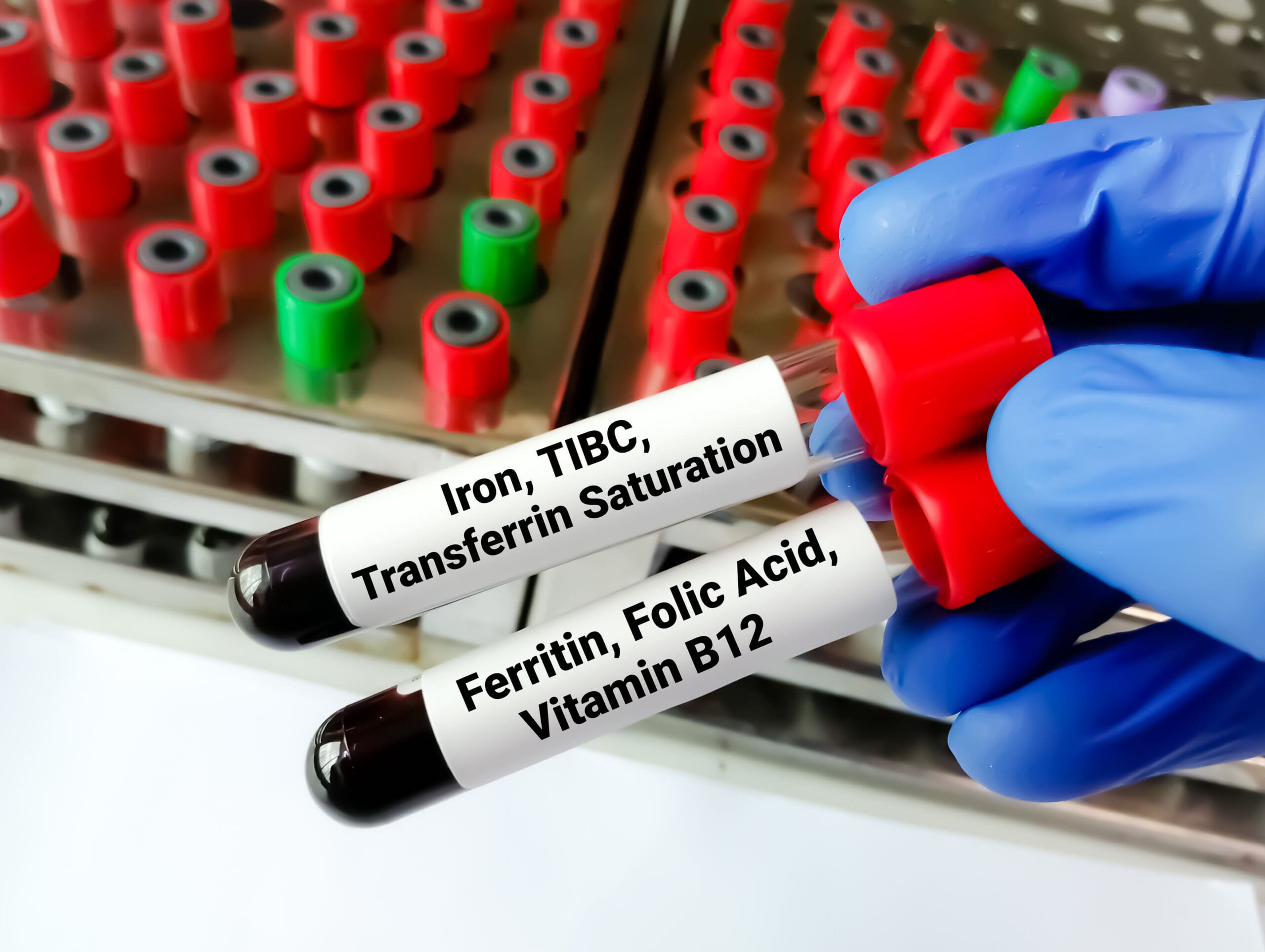
Leave A Comment